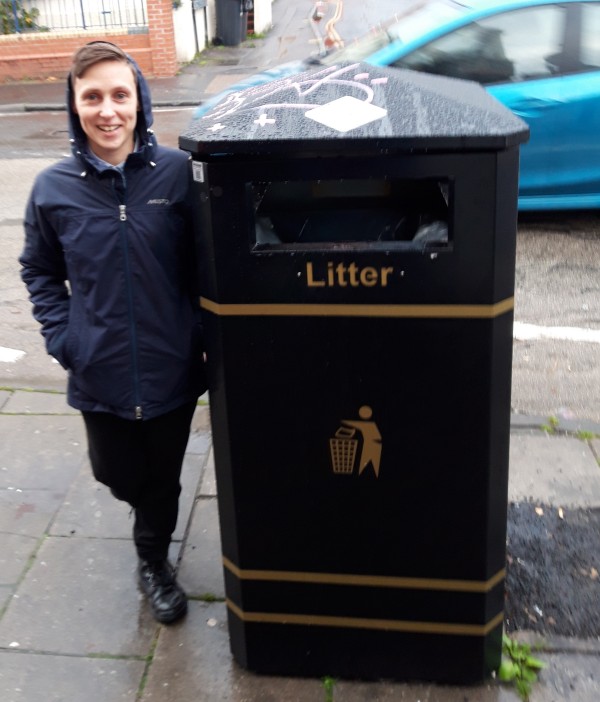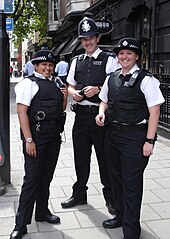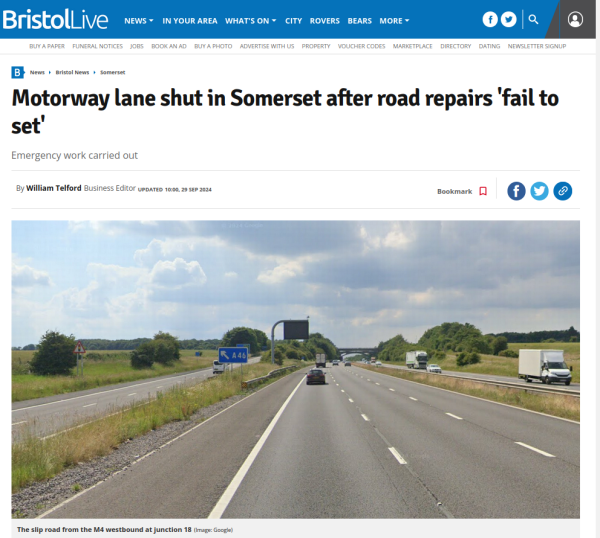Bart Nil gets a gong
According to the city council’s website: “The Lord Mayor’s Medals are awarded to highlight the local, unpaid community work and achievement that’s helped to improve the lives of Bristol’s citizens.”
Good news was received this morning that the Barton Hill Litter Group I help organise has been awarded a Lord Mayor’s Medal after being nominated by Lawrence Hill ward councillor Yassin Mohamud. Thanks, Yassin!
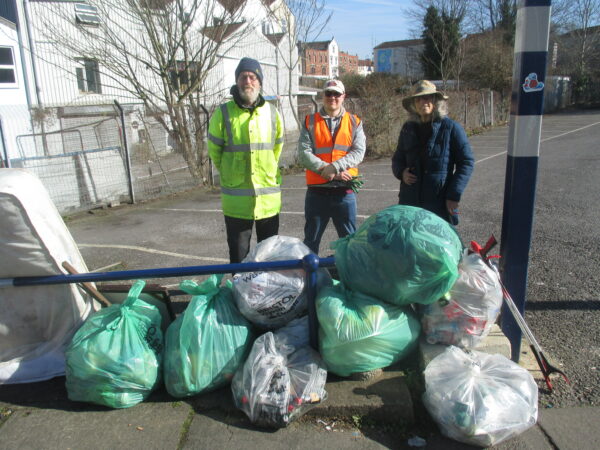
We’ve been sent a letter to confirm the award and attend the award ceremony next month at the Lord Mayor’s official residence, the Mansion House.
The letter from the Lord Mayor’s office is quoted in full below.
Dear Barton Hill Litter Group,
Re: The Lord Mayor of Bristol’s Medal
As you may be aware, the Lord Mayor of Bristol’s medal is awarded to Bristol’s unsung heroes who serve the people of Bristol through voluntary and community work or charitable acts of work.
I am writing to inform you that Barton Hill Litter Group have been selected as a recipient.
The medal will be presented in a very special ceremony on:
Tuesday 15 April at 3.00pm and will be held at
The Mansion House, Clifton Down.
The Lord Mayor would be delighted if you and a guest could join him and other recipients. I will also be writing to the person who nominated you to attend the ceremony.
I would be grateful if you could confirm your attendance via lordmayor [at] bristol.gov.uk by Wednesday 9 April. If you are unable to attend, please let me know if there is anyone who can represent you on the day?
Bristol City Council will issue a press release and the press may wish to contact you in advance of the ceremony. Please can you confirm if you are happy to be contacted by the press and for information on your nomination to be released publicly (including social media).
Yours, etc.
Congratulations to all our regular and occasional pickers. You’ve done yourselves, us and the district proud. Give yourselves a hearty pat on the back!


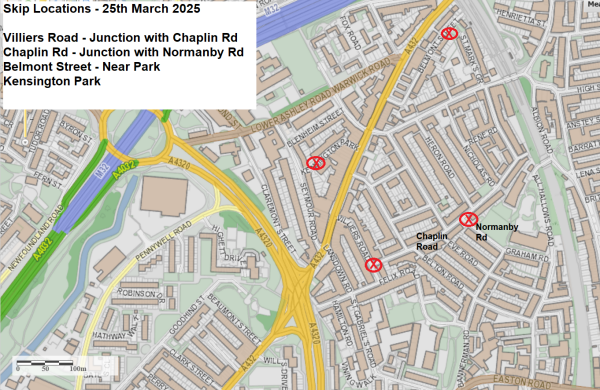




 On a sunny but initially cool morning four of us turned up and spent an hour and a quarter clearing up Ducie Road and its council-owned car park, a regular dumping ground for fly-tippers, as well as a convenient repository for spent catering size nitrous oxide canisters.
On a sunny but initially cool morning four of us turned up and spent an hour and a quarter clearing up Ducie Road and its council-owned car park, a regular dumping ground for fly-tippers, as well as a convenient repository for spent catering size nitrous oxide canisters.

 We took the best part of an hour to wander up and down a half kilometre section of Stapleton Road, during which some all-too familiar and depressing sights were seen, such as house clearances (right) and piles of trade waste outside closed down shops.
We took the best part of an hour to wander up and down a half kilometre section of Stapleton Road, during which some all-too familiar and depressing sights were seen, such as house clearances (right) and piles of trade waste outside closed down shops.